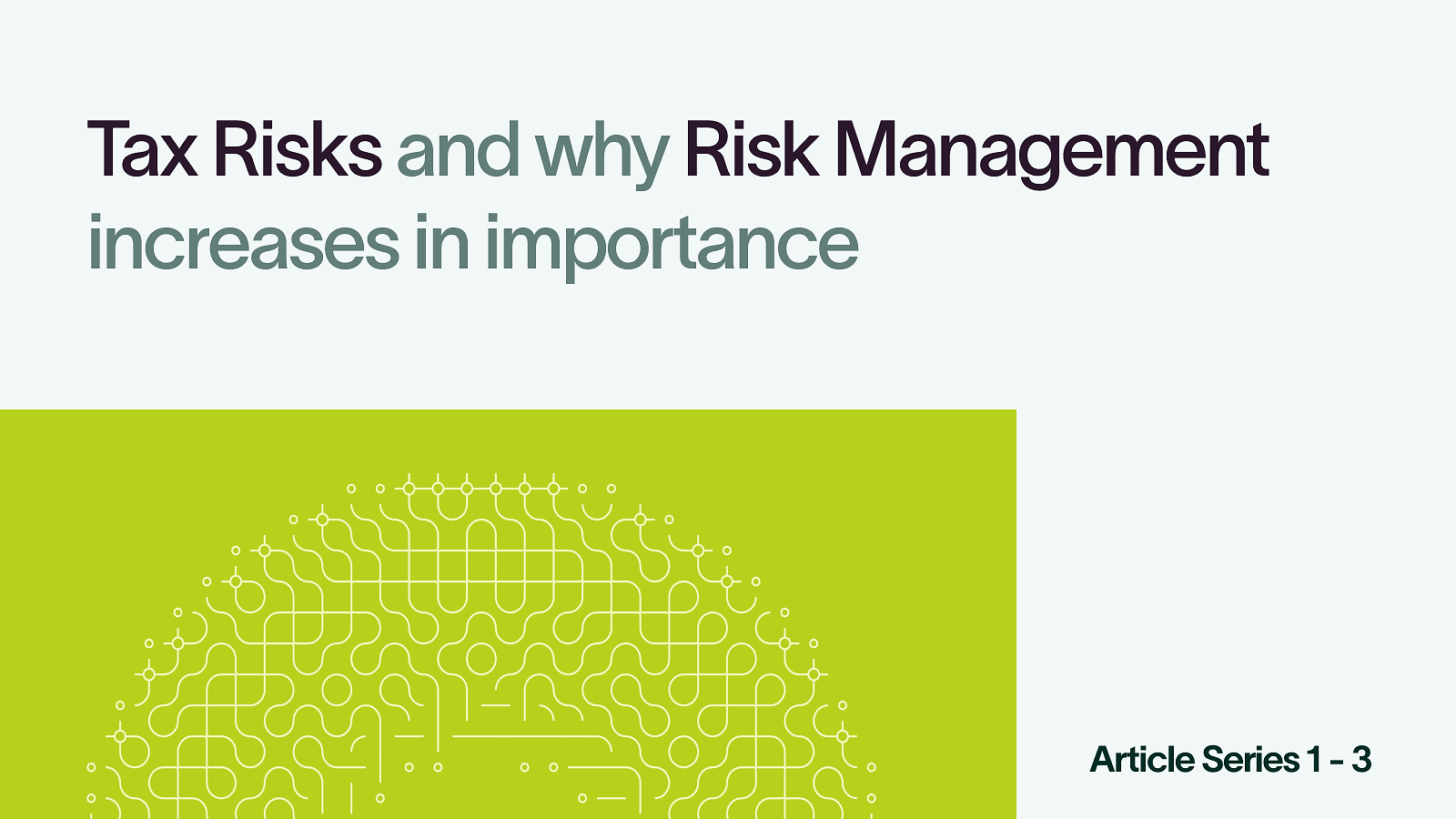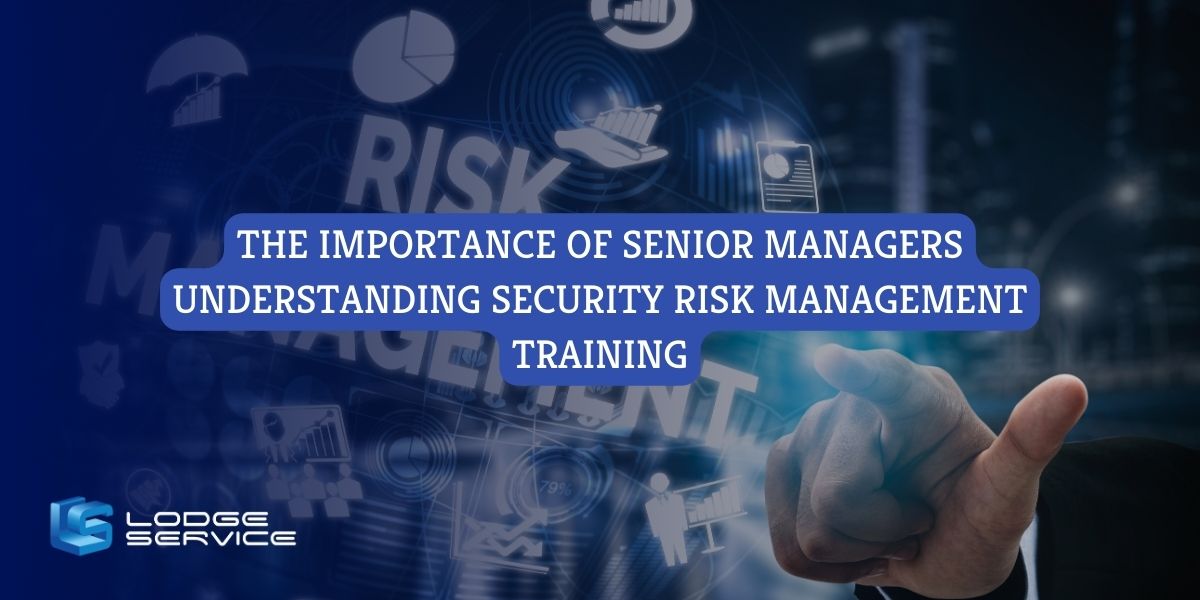Exploring the Relevance of Risk Management for Effective Decision-Making Strategies
In the detailed world of organization, Risk Management becomes a vital consider the decision-making procedure. The capability to determine potential hazards and chances, and plan appropriately, can mean the distinction between success and failure. With devices such as SWOT and PESTEL, companies are geared up to make educated selections, fostering durability and flexibility in an ever-changing setting. Wondering exactly how this functions? Let's unpack the characteristics better.
Comprehending the Principle of Risk Management
Risk Management, a vital part in decision-making, is frequently misinterpreted or oversimplified. Normally, it describes the identification, evaluation, and prioritization of threats to minimize, check, and control the likelihood or impact of unfortunate occasions. It's not just about avoiding unfavorable results, yet likewise regarding identifying possible possibilities. Risk Management includes organized and regimented approaches, utilizing information and informative assessments. It requires a detailed understanding of the organization's context, goals, and the potential risks that could prevent them. From monetary uncertainties, lawful obligations, critical Management mistakes, to accidents and natural disasters, it attends to numerous dangers. Notably, effective Risk Management is not stationary; it's a continuous, positive process that advances with altering scenarios.
The Function of Risk Management in Decision-Making Processes
In the realm of calculated preparation and company procedures, Risk Management plays an essential function in decision-making procedures. It assists in identifying prospective hazards and uncertainties that might influence the success of company purposes. By tracing these dangers, firms can formulate approaches to alleviate their influence, making sure organization continuity and stability. Risk Management thus ends up being an essential tool in decision-making, aiding leaders to make educated selections based on a comprehensive understanding of the dangers involved. It motivates an aggressive method, enabling companies to prepare and prepare for for feasible future scenarios. This substantially reduces the possibility of adverse repercussions, promoting much more efficient and effective decision-making strategies. Risk Management offers as a crucial part in the decision-making processes of any organization.

Exactly How Risk Management Improves Strategic Planning
In the context of strategic preparation, Risk Management plays an essential function. Initiating with the recognition of prospective risks, it better encompasses the application of Risk reduction steps. The duty of Risk Management is not fixed however vibrant, as it demands constant surveillance and adjusting of approaches.
Identifying Potential Risks

Implementing Risk Reduction
Risk mitigation methods can range from Risk avoidance, Risk transfer, to risk decrease. Each technique needs to be tailored to the details Risk, considering its potential effect and the company's Risk resistance. Efficient Risk mitigation needs a deep understanding of the Risk landscape and the prospective influence of check my blog each Risk.
Surveillance and Adjusting Approaches
Though Risk reduction is a vital step in calculated planning, constant surveillance and adjustment of these methods is equally crucial. This recurring procedure enables companies to determine new risks and reassess existing ones, ensuring the executed strategies stay reliable in the ever-changing company environment. It additionally provides a chance to examine the success of the Risk Management procedures, permitting adjustments to be made where needed, more boosting tactical planning. Reliable monitoring and modification call for the use of analytics and essential efficiency indications (KPIs) to gauge effectiveness. These tools give valuable data-driven insights that can educate strategic decision-making. For that reason, tracking and readjusting Risk Management strategies is a vital component for improving an organization's resilience and strategic planning.
Instance Researches: Effective Risk Management and Decision-Making
On the planet of company and financing, successful Risk Management and decision-making usually offer as the pillars of prosperous enterprises. One such entity is an international oil business that alleviated financial loss by hedging versus rising and fall oil rates. In one more instance, a technology start-up flourished by identifying and approving high-risk, high-reward techniques in a volatile market. An international bank, confronted with governing uncertainties, successfully browsed the situation via positive Risk analysis and dynamic decision-making. These instances highlight the worth of astute Risk Management in decision-making procedures. It is not the absence of Risk, but the Management of it, that typically separates Get More Information successful business from unsuccessful ones. These situations underscore the essential function of Risk Management in critical decision-making. importance of risk management.
Devices and Techniques for Reliable Risk Management
Browsing the elaborate puzzle of Risk Management requires the ideal collection of strategies and tools. These devices, such as Risk registers and warm maps, help in identifying and examining potential dangers. Strategies include both quantitative approaches, like sensitivity evaluation, and qualitative methods, such as SWOT evaluation. These help look what i found in prioritizing threats based on their prospective influence and probability. Risk response methods, an essential component of Risk Management, entail approving, staying clear of, transferring, or mitigating risks. Surveillance and controlling dangers, through routine audits and testimonials, ensure that the techniques stay efficient. With these strategies and devices, decision-makers can browse the facility landscape of Risk Management, therefore facilitating informed and effective decision-making.
Future Fads in Risk Management and Decision-Making Strategies
As we check out the substantial landscape of Risk Management, it comes to be evident that the techniques and tools utilized today will certainly proceed to develop. The idea of Risk society, where every member of an organization is aware and involved in Risk Management, will get a lot more prestige. These fads declare a more inclusive and proactive method in the direction of Risk Management and decision-making.
Verdict

Risk Management therefore becomes a vital device in decision-making, assisting leaders to make informed choices based on a thorough understanding of the threats entailed. Risk reduction approaches can vary from Risk avoidance, Risk transfer, to run the risk of reduction (importance of risk management). Reliable Risk mitigation calls for a deep understanding of the Risk landscape and the potential impact of each Risk. Risk response methods, an essential component of Risk Management, involve accepting, avoiding, moving, or mitigating risks. The principle of Risk culture, where every participant of a company is aware and involved in Risk Management, will certainly acquire more prestige
Comments on “How the Importance of Risk Management Shapes Strong Leadership”